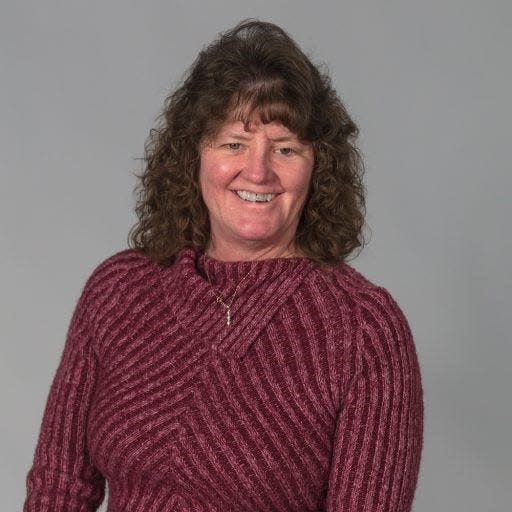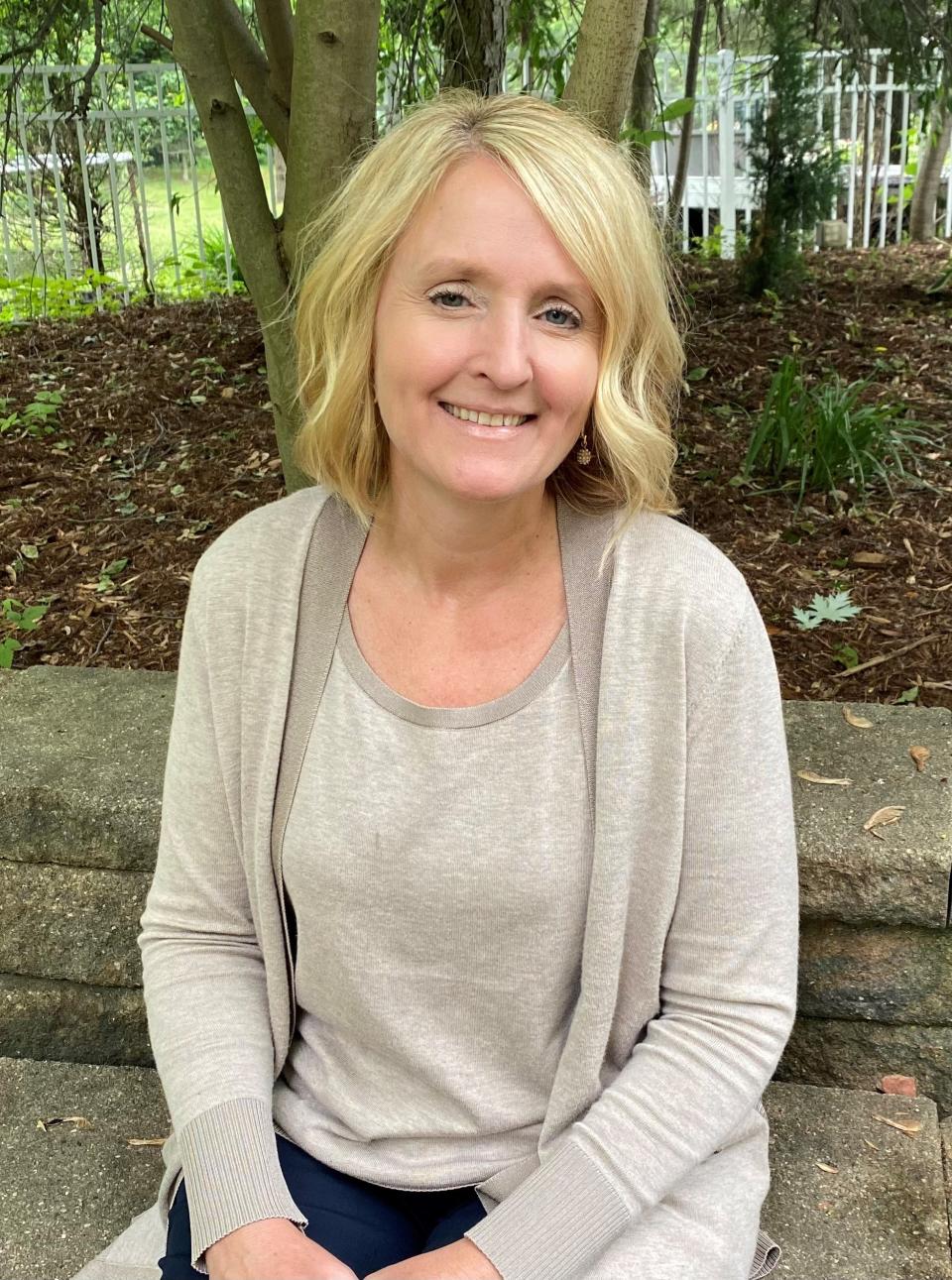Viewpoint: Women with disabilities too often left out of workplaces. Businesses must do better
Women face many challenges in the workforce, including pay disparities, gender and racial discrimination, occupational segregation and lack of flexible work practices.
Women with disabilities experience these same challenges and more – such as disability stereotypes, demeaning microaggressions, competency questioning and physical barriers in work environments. This leads to women with disabilities having the highest unemployment rate in our population.
This month’s anniversary of the American with Disabilities Act (ADA) is an opportunity to examine our workplaces and take steps to ensure they are diverse, equitable, inclusive and accessible for all.

The federal ADA requires businesses with 15 or more employees to provide reasonable accommodations to qualified applicants or employees, allowing people with disabilities the same employment opportunities as those without disabilities. Unfortunately, far too many employers misunderstand or do not fully recognize their responsibilities under the ADA. Even while most employers have or are developing diversity, equity, and inclusion policies, they all too often fail to address accessibility and disability biases.
Fully accessible workplaces start with the hiring process. To recruit a diverse pool of qualified candidates, businesses must ensure both the position description and the application tool are fully accessible, regardless of ability. The description could include a note that people with disabilities are encouraged to apply, which signals an inclusive culture. The application should ask questions about skills, knowledge, and licenses or certifications that are essential to the job in a manner that is reflective of the job’s needs. This helps all applicants to spotlight core competencies and qualifications relevant to the specific role.
It’s also a matter of distinguishing nuances that may discriminate against a woman with a disability without intending to do so, like whether a valid driver’s license is specifically required to perform the job versus whether reliable transportation is required (regardless of whether the applicant herself is licensed).
Hiring managers should be trained on the ADA and its requirements. They should be prepared to address questions regarding disability disclosure and accommodation with correct and legal answers. Partnering with agencies that understand disability can help ensure legal, inclusive and accessible recruitment, hiring and retention practices. These agencies can also help employers address specific accommodations for proper ADA compliance and for supporting a more accessible workplace.
Often the biggest obstacle that impacts high unemployment for people with disabilities is a lack of disability awareness among employers and fellow employees. Disability-focused agencies can help.
Workplaces can benefit from education that prioritizes respect for colleagues and addresses the concerns many have around unintentionally offending a person with disabilities, misunderstandings about disability traits and illustrating the purpose and benefits for a variety of accommodations.

Too many people with disabilities are overlooked or pushed out of a job by a lack of ADA compliance or disability awareness. These individuals could have the exact skills, experience and expertise needed for vital roles in the business. With appropriate education and some deliberate modifications, employers can grow a workplace culture that is diverse, equitable, inclusive and accessible for all.

Trina Edmondson is Workforce Development program manager at Disability Advocates of Kent County and a woman who is legally blind. Karin Hopman is finance/HR director at Disability Advocates of Kent County and a commissioner with the Michigan Women’s Commission.
This article originally appeared on Lansing State Journal: Women with disabilities excluded from workplace; intention can help

